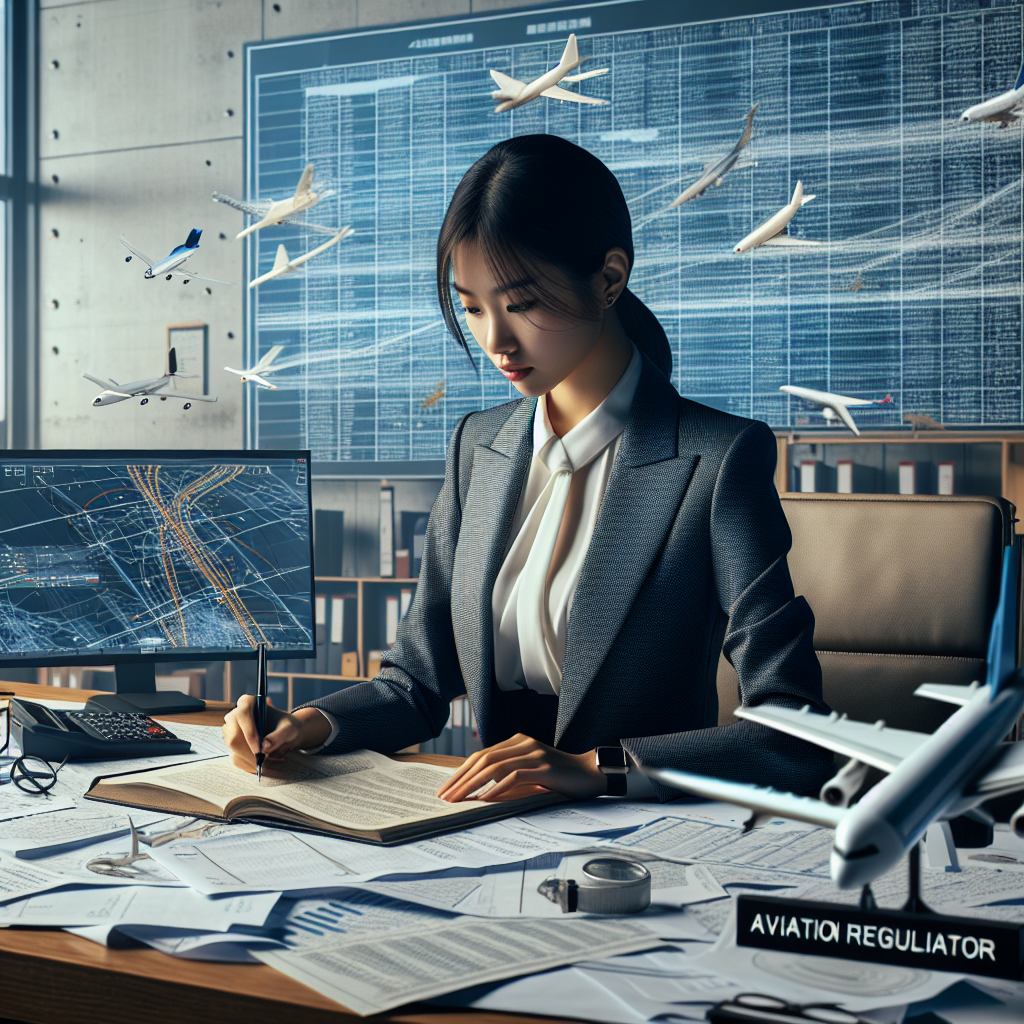DGCA Pioneers Advanced Air Mobility Regulations Amid Safety Concerns
The DGCA, led by Faiz Ahmed Kidwai, is actively engaging with international bodies like ICAO to develop a regulatory framework for advanced air mobility, emphasizing safety. The initiative includes forming working groups focusing on various technical and regulatory aspects to integrate new technologies safely into national airspace.

In an effort to seamlessly weave advanced air mobility into the national airspace, India's Directorate General of Civil Aviation (DGCA) is collaborating with the International Civil Aviation Organization (ICAO) and other global aviation bodies. DGCA chief Faiz Ahmed Kidwai emphasized that while innovation is a priority, safety remains paramount.
The DGCA has established six dedicated working groups to explore regulatory and technical frameworks for advanced air mobility, particularly focusing on electric Vertical Take Off Landing (eVTOL) aircraft. Reports from two of these groups, addressing vertiports and eVTOL certification, were made public last year.
During the International Conference on Air Mobility, Kidwai outlined various challenges, including stakeholder collaboration, creating new regulations, and integrating unmanned traffic management with traditional systems. These hurdles must be addressed to ensure safe and efficient advancements in air mobility.
(With inputs from agencies.)










